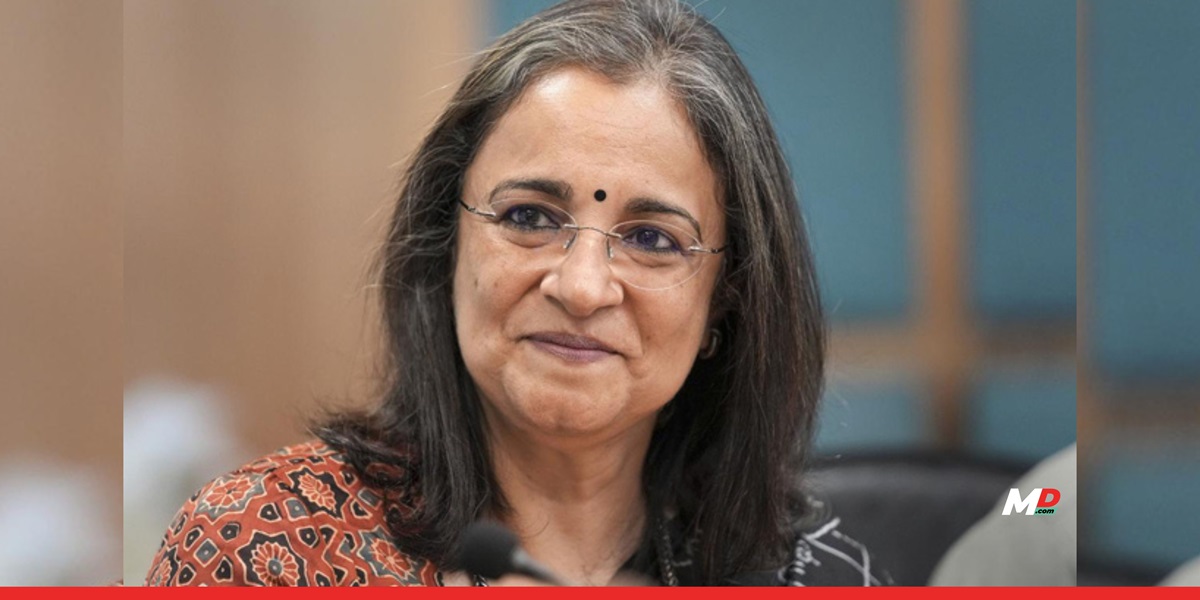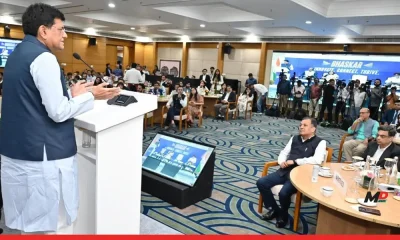Business
Tensions Rise at SEBI: Staff Reveal Hostile Work Environment, Complaints Reach Finance Ministry

The Securities and Exchange Board of India (SEBI) is embroiled in a growing controversy as employees have voiced serious concerns regarding the work environment under Chairperson Madhabi Puri Buch. In an unprecedented move, a substantial number of SEBI officers have submitted a letter to the Finance Ministry, accusing the leadership of fostering a toxic work culture within the organization.
Dated August 6, the letter paints a troubling picture of the internal atmosphere at SEBI, describing a leadership style marked by “shouting, scolding, and public humiliation” during meetings. The letter, titled “Grievances of SEBI Officers—A Call for Respect,” further accuses senior management of employing “harsh and unprofessional language” toward staff, micromanaging employees’ “minute-by-minute movements,” and imposing “unrealistic work targets with constantly shifting goalposts.”
The extent of the unrest is particularly alarming. Out of approximately 1,000 SEBI officers in Grade A positions or higher, around 500 have reportedly signed the letter, indicating that dissatisfaction is widespread, and the grievances are shared by a significant portion of SEBI’s workforce.
This marks the first instance in SEBI’s history where employees have formally accused leadership of creating a toxic work environment. The letter highlights how this culture has severely impacted employees’ mental health and disrupted their work-life balance, casting a shadow over the organization responsible for regulating India’s securities market.
Adding to the mounting troubles, SEBI Chief Madhabi Puri Buch is now facing renewed scrutiny from the political sphere. The Congress party recently questioned Buch’s financial ties to ICICI Bank, challenging the bank’s claim that it has not paid her any salary or granted her Employee Stock Option Plans (ESOPs) since her retirement in 2013. The opposition has raised concerns about the irregularity and amount of “retiral benefit” payments Buch has received, suggesting that she may have been holding an office of profit at ICICI Bank while serving as SEBI Chairperson.
These allegations have cast a significant shadow over Buch’s tenure, with Congress urging Prime Minister Narendra Modi to clarify the situation, given his role as head of the Appointments Committee of the Cabinet, which oversaw Buch’s appointment.
In response, ICICI Bank has asserted that it has not paid any salary or granted ESOPs to Buch since her retirement on October 31, 2013. However, the controversy continues to escalate, adding further complexity to an already challenging period for SEBI and its embattled chief.
As these issues unfold, the combination of internal discord and external political pressure is placing unprecedented strain on SEBI, raising critical questions about the future of its leadership and the potential implications for India’s financial regulatory framework.














